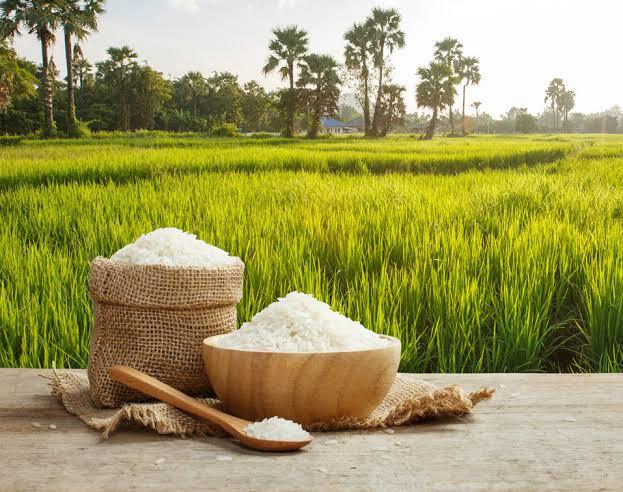JAKARTA – Indonesia has rejected a request from Malaysia to purchase rice, citing the need to preserve its domestic stockpile amid ongoing concerns over supply and climate uncertainty.
Agriculture Minister Andi Amran Sulaiman confirmed the decision during a joint press conference in Jakarta following a meeting with Malaysian Agriculture and Food Security Minister Mohamad Bin Sabu. The request came as Malaysia faces a shortfall in rice supply, pushing prices upward.
“It was interesting, [Malaysia] asked earlier whether [they] could import rice from Indonesia,” said Amran. “I said, for the time being, we will maintain the [domestic] stocks. We will assess the climate [conditions] first.”
As of now, Indonesia's government rice reserve (CBP), managed by the State Logistics Agency (Bulog), stands at 3.3 million tonnes, with a target to raise it to 4 million tonnes by May. The country’s cautious stance comes as Malaysia grapples with meeting only 40 to 50 percent of its national rice demand, according to Amran.
Though there is no official directive yet, Minister Mohamad Bin Sabu said Malaysia will continue discussions on the potential to import Indonesian rice, while also seeking collaboration on agricultural technology exchange and farmer training to boost domestic rice production.
Meanwhile, Indonesia is also attracting interest from other rice-importing countries. Japan’s Ministry of Agriculture, Forestry and Fisheries is expected to visit on April 29 to discuss rice supply options, amid a surge in Japanese rice prices. According to Japanese media The Mainichi, prices have climbed for 15 consecutive weeks, reaching between Rp 93,000 (US$5.52) and Rp 100,000 per kilogram.
From April 7 to 13, the average price for 5 kilograms of rice in Japan hit 4,217 yen (US$29.72), the highest level since tracking began in March 2022, and up 2,139 yen from the same period last year.
Domestically, Indonesia is seeing a rebound in production. The February Area Sample Framework Survey (KSA) by Statistics Indonesia (BPS) estimates 34.47 million tonnes of unhusked rice (GKP) will be produced between January and May, translating to around 16.62 million tonnes of rice for consumption. That represents a 12.4 percent increase from the same period in 2024.
In comparison, 2024’s annual production for food consumption reached 30.62 million tonnes, a 1.54 percent decrease from 2023’s output of 31.1 million tonnes, according to the Indonesian Political Economy Association (AEPI).
As Indonesia navigates its own food security strategy, the government remains cautious about rice exports in the face of global supply challenges, positioning itself to balance international demand with national needs.
Follow & Subscribe:
👉 Agri-Food Update on LinkedIn for the latest updates and insights.
🌐 Visit us at www.agri-food-update.com for more information!



